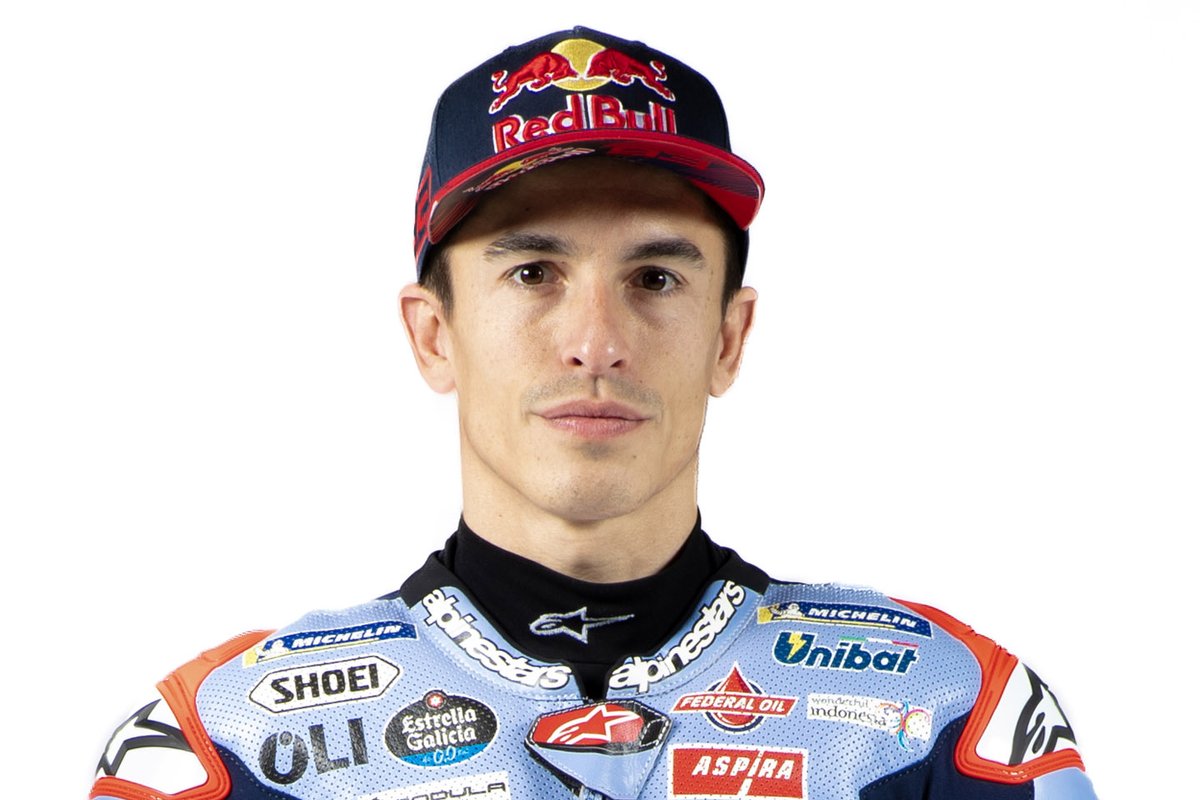In a dramatic turn of events following the Assen MotoGP, Marc Marquez has been handed a 16-second post-race penalty for a breach of tyre pressure regulations. This penalty significantly impacted his final race standings, demoting him from a competitive position to a lower rank in the final results [[❞]](https://www.crash.net/motogp/news) [[❞]](https://www.motogp.com/).

The penalty was imposed after officials determined that Marquez’s tyres did not comply with the required pressure limits during the race. The enforcement of tyre pressure regulations is crucial for both performance and safety in MotoGP, as improper tyre pressure can lead to a range of issues, including reduced grip and increased risk of crashes. Marquez’s team, Repsol Honda, has expressed their dissatisfaction with the penalty, arguing that maintaining precise tyre pressures throughout a race is a complex challenge due to varying conditions on the track [[❞]](https://www.motogp.com/).
This incident has reignited debates within the MotoGP community about the consistency and fairness of such regulatory measures. While the rules are in place to ensure a level playing field and the safety of all riders, the practicalities of maintaining exact tyre pressures under race conditions can be contentious. Many teams have voiced concerns that the regulations, while necessary, sometimes do not account for the real-world difficulties faced during a race [[❞]](https://www.crash.net/motogp/news).
Marquez’s penalty comes at a particularly challenging time for the eight-time World Champion. The 2024 season has seen him striving to reclaim his dominance in the sport following a series of injuries and setbacks. Despite these challenges, Marquez has shown remarkable resilience, consistently pushing himself to compete at the highest levels. His performance at Assen was a testament to his skill and determination, making the penalty all the more impactful on his standings [[❞]](https://www.motogp.com/en/news/latest-news).
This penalty also highlights the ongoing scrutiny of Marquez’s career. Known for his aggressive and daring riding style, Marquez has often been at the center of regulatory discussions in MotoGP. His approach to racing, while thrilling for fans, frequently tests the boundaries of what is deemed acceptable within the sport’s regulations. The tyre pressure penalty at Assen is the latest in a series of incidents that have marked his storied career [[❞]](https://www.motogp.com/en/news/latest-news).
For the Repsol Honda Team, this penalty represents a significant setback. Team officials have been vocal about their commitment to adhering to regulations while also advocating for a more nuanced understanding of the challenges faced during races. The team’s response to the penalty underscores the broader tension between regulatory compliance and the competitive nature of MotoGP [[❞]](https://www.crash.net/motogp/news) [[❞]](https://www.motogp.com/).

As the MotoGP season progresses, all eyes will be on Marquez and how he responds to this latest challenge. His ability to overcome adversity has been a defining characteristic of his career, and fans and analysts alike will be keenly observing his performance in the upcoming races. The Assen penalty serves as a reminder of the fine line between competitive edge and regulatory adherence in one of the world’s most demanding sports [[❞]](https://www.motogp.com/en/news/latest-news).
In conclusion, Marc Marquez’s post-race penalty at Assen has added another layer of complexity to an already intense MotoGP season. The decision underscores the ongoing challenges of regulatory enforcement in the sport and the relentless pursuit of excellence by one of its most iconic figures.

